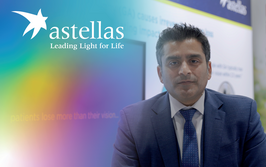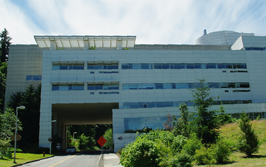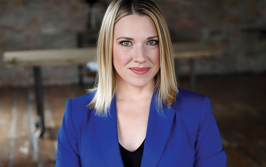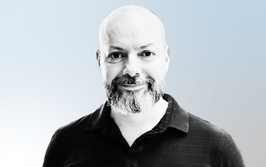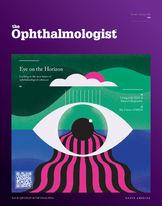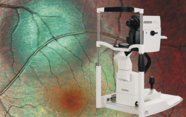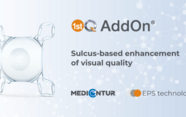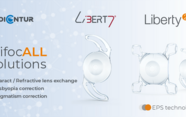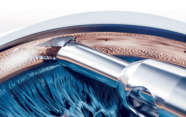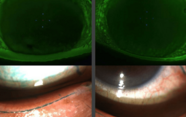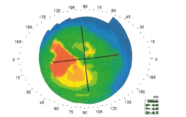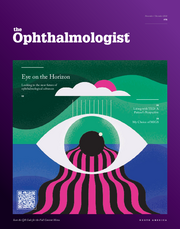Sheraz Daya
The Power List 2019 – Surgical Pioneers
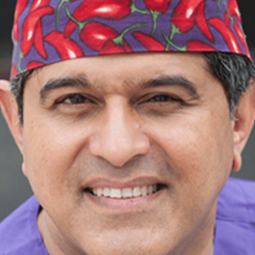
Sheraz Daya
Medical Director, Centre for Sight, UK.
What was your early inspiration for becoming an ophthalmologist?
At the age of 12 I saw a documentary that showed a corneal transplant, and I was absolutely amazed that tissue could be transplanted to a human and restore eyesight so effectively. Then, in 1982, at medical school, my classmate in Dublin, John Chang, convinced me to go and watch an intracapsular cataract operation being performed by Professor Peter Eustace. Watching it happen, I thought: “How civilised, surgery sitting down, lots of technology” (rudimentary compared to today). Seeing the joy on the patient’s face the next day convinced me that this is what I should do.
What have been your career highlights?
Training in ophthalmology with David Paton (founder of Project Orbis) as Chairman of residency, followed by a fellowship with Edward J. Holland and Richard L. Lindstrom: all phenomenal mentors from whom I learnt more than just ophthalmology and the anterior segment. Being appointed as Director of the Corneoplastic Unit and Eye Bank in East Grinstead, UK, allowed me to excel both in treating patients, and organizing and growing a department. This also provided the opportunity to develop ex-vivo stem cell allograft transplantation, and demonstrate the replacement of donor cells with host cells through DNA fingerprinting. The biggest kick for me has been using this technique on patients who have been blind for decades, and restoring and preserving their vision for close to 20 years. Finally, establishing and growing Centre for Sight with my wife Marcela has been very exciting. In addition to providing phenomenal care, it has enabled very close collaboration with the ophthalmic industry.
What will be the next big breakthrough in ophthalmology?
I have to be careful on this one, but I think the most impactful breakthroughs will be related to the use of artificial intelligence and automation. This will enable us as specialist ophthalmologists to spend more time dealing with therapeutic aspects and taking care of higher volume of patients more purposefully.
What’s the best part of being an ophthalmologist?
Combining medicine, surgery, technology, innovation and research, and rapidly translating this to clinical application but most of all the absolute joy of restoring and correcting eyesight – what a privilege. I am so thankful to have been afforded the opportunity.
